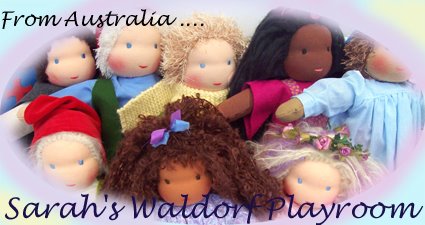Social impairments are universal with autism.
This study looks at why some people's brains are more altruistic, or socially cooperative, than others.
"Cooperation does not just mean going with the flow: It involves actively helping others and participating in the reciprocal relationships that make human society possible. People can and will go out of their way to help others, even those not related to them - which seems unremarkable until one realizes that most other animals do not." Researchers then applied the theory to the study of autism: "
Maybe autism represents a deficiency in the social parts of the brain that allow altruism and cooperation".
 The Little Troll
The Little Troll
tells the story of a troll, stuck in his biology, where he is doomed to a tribe of trolls that are uncooperative and mean to each other. But this little troll wants something
more than this wretched life. He sees the humans and longs to be like them, but doesn't know how. One day, he overhears a man telling a boy that if he doesn't help others and put others before himself, he is nothing better than a troll. The little troll has found the key that will unlock his prison - altruism. He spends the next few years helping humans and animals at every chance. The narrator says: "
The more he helped others, the better he became at helping". Slowly he begins to lose his troll-like features and grow more like a human. The ending has him walking into a church where the people all say: "welcome to the world of humans". This is my all time favorite children's book.
Will the practice of altruism and cooperation remediate autism? I believe it will! Since my son was five, we have kept a Book of Good Deeds, recording every good deed he has done. Plus we encourage "random acts of kindness" as a fun thing to do, if only to pull out a weed from a neighbour's lawn. I truly think this has challenged him out of his own little world.
 The Little Troll
The Little Troll
1 comment:
Post a Comment